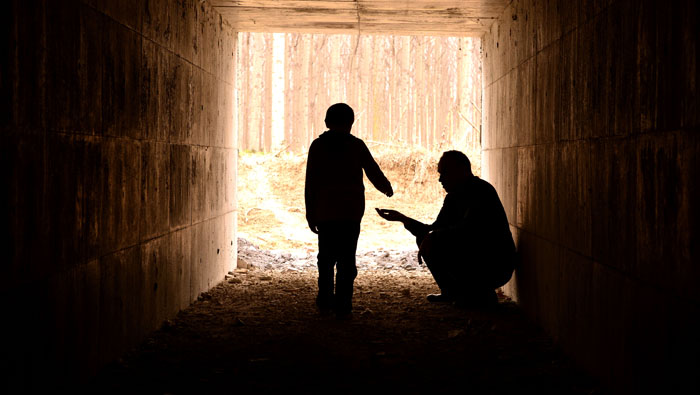
Muscat: Almost 300 people were found begging during the holy month of Ramadan, with the majority of arrests made in the governorate of Dhofar, according to the Ministry of Social Development.
According to data released by the Ministry, this year’s Ramadan saw a series of anti-begging campaigns which resulted in 281 arrests, 208 of whom were males and 73 females.
Speaking exclusively to Times of Oman, Mohammed Al Mamari, Director of Social Development in Muscat, said that they are witnessing a spread of these cases, especially during Khareef in Dhofar.
“Unfortunately, cases of begging are increasing almost daily, and the phenomenon has extended to various new governorates. Although beggars are mostly concentrated in Muscat throughout the year, during Khareef season and in Ramadan, the number of beggars in Dhofar increases much more compared to other governorates.”
Statistics by the Ministry showed that, out of all the beggars caught in Ramadan, 112 were found in Dhofar, 107 in Muscat, 39 in the North and South of Al Batinah governorate, 14 in Al Buraimi and nine in Al Dhahirah.
93 per cent of the beggars arrested during that period were expats, many of whom had entered the country without papers.
35 per cent of the total number of arrested beggars had only a visit visa and 28 per cent were found to have entered the country illegally.
Dhofar recorded the largest number of non-Omani beggars where 67 were found to have entered the Sultanate illegally and 29 had a visit visa. 22 had come to Oman on a tourist visa and, in one case, the beggar held a treatment visa. Al Mamari said: “There are many cases of begging in the community and because most of them are not Omanis we do not know their real reasons or their intentions in coming to the Sultanate.
Most of them operate under the cover of need and poverty or disease, but we found cases where some individuals had a lot of money but were still begging. Others use disabled children to get money.
Data also revealed that 21 of these beggars were children under 12 and a further 35 whose ages ranged between 12-17. The largest demographic was those who were aged between18 to 39 years.
Regarding the procedures for dealing with expats who were arrested, Al-Mamari said: “When the beggar is apprehended, he is arrested by the team members and taken to the nearest police station where he is dealt with in accordance with the appropriate procedures. He is detained there for a period of no more than 48 hours and then sent to the public prosecution and to court.”
For cases of Omani beggars Al Mamari said, “In som cases, if it is their first time or in some coercive situations, the beggar is released with a pledge from relatives and referred to social care.”